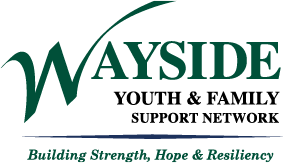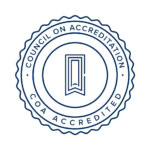Strategic Plan
Founded in 1977, Wayside Youth & Family Support Network has been dedicated to empowering children, young adults, and families to achieve greater independence and emotional well-being. Over the years, we have evolved to meet the changing needs of our community, providing a wide range of services that support youth and families in their communities. As we look forward to the next four years, we are excited to present our strategic plan for 2025-2029, which builds on our past successes and addresses the evolving needs of our community.
Our Mission
Empowering children, young adults, and families to achieve greater independence and emotional well-being.
Our Core Values
Strength:
We believe in a strength-based approach, focusing on affirmative and inspirational strategies that promote sustainable change.
Hope:
We believe in the power of hope as a central factor in providing the motivational resources necessary for change.
Resiliency:
We firmly believe all people have the inherent ability to rebound, learn, and grow from life’s difficult experiences.
Reflecting on our 2020-2024 strategic plan
We made significant strides in several key areas:
1. Strengthen: Wayside will strengthen, improve, and measure the quality as well as sustained impact of our services.
- Service Quality: We improved the quality of our services by implementing new evaluation systems and enhancing our trauma-informed care practices. All staff received trauma training on the ARC (Attachment, Regulation and Competency) model and all managers and supervisors completed advanced ARC training.
2. Expand: Wayside will grow program service revenue by 50% over the next four years.
- Financial Stability: We achieved financial stability and were able to provide annual cost-of-living adjustments (COLA) for our staff. Revenues grew by 56.4% from the baseline revenue in FY19. We expanded existing services, increased capacity in independent living programs for Transitional Age Youth (TAY) and leveraged our internal expertise by providing DEI workshops and consulting.
3. Respond: Wayside will respond to the needs of our mission population and communities.
- Addressing Client Needs: We increased our intensive community-based services by prioritizing access for youth and families most in need. We implemented substance use assessment screening using the CRAFFT tool and motivational interviewing (MI) as an intervention. Our LGBTQ+ services expanded with support groups. We developed staff expertise in trauma and substance use through training in ARC, Dialectical Behavior Treatment (DBT), and MI.
4. Cultivate: Wayside will cultivate and support a professional environment that promotes overall wellness for employees.
- Employee Engagement: We achieved higher year-over-year employee engagement, retention, and overall job satisfaction. Our annual turnover data improved, and our employee engagement score increased significantly. We developed a more robust compensation system and provided education and resources on wellness and mindfulness practices.
5. Invest: Wayside will invest in career mentoring and development opportunities to achieve industry-leading long-term retention and engagement with our employees.
- Staff Development: We expanded our professional development programs, offering more training opportunities and career growth paths for our staff. We implemented the Wayside Career Map and Career Development Coordinator, resulting in 140 internal promotions. We also developed an agency-wide employee recognition program and provided enhanced training for supervisors.
These accomplishments have laid a strong foundation for our new strategic plan, allowing us to build on our successes and address new challenges.
Process and Approach
The development of our 2025-2029 strategic plan involved a comprehensive and collaborative process to ensure that our new goals are aligned with the needs of our community and our organizational strengths. The key steps in this process included:

Review of the Prior Plan:
We began by reviewing the goals and achievements of our 2020-2024 strategic plan to understand what was accomplished and identify areas for improvement.

Environmental Scan:
Conducted by Public Consulting Group LLC, which provided insights into the external factors affecting our organization, including community needs, policy changes, and industry trends. This included stakeholder surveys and in-depth interviews. It also involved a comprehensive review of our financial audits, client outcomes, and our workforce analysis.
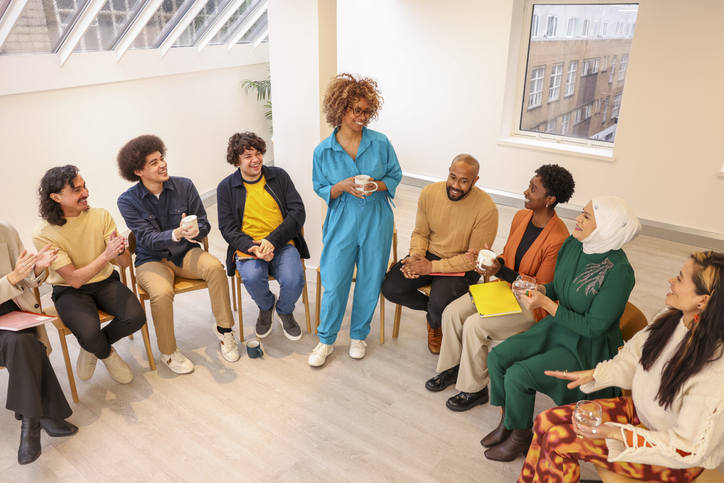
Staff Focus Groups:
Six focus group sessions were held in September and October 2024, involving youth workers, clinicians, directors, and supervisors. These sessions helped us understand the internal perspectives and gather valuable input from our staff.

Identification of Themes:
We analyzed the findings from the environmental scan and focus groups to identify common themes and priorities. These included areas of strength as well as opportunities for growth.

Selection of Goals:
Based on the identified themes, we selected four strategic goals for the 2025-2029 period.
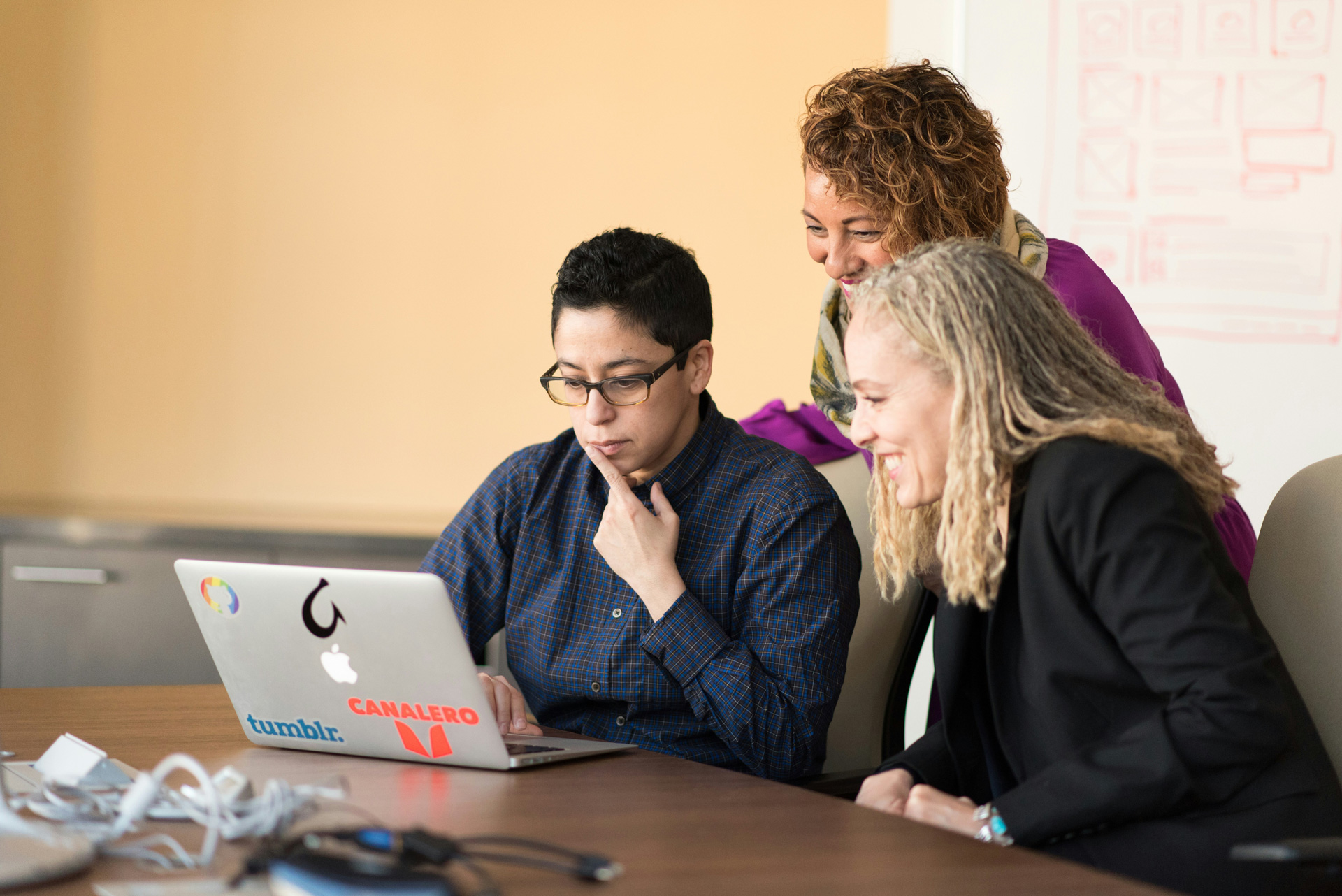
Action Steps and Metrics:
For each goal, we developed specific action steps and metrics to measure our progress and success. Wayside’s mission and values are closely aligned with each new goal that was developed.
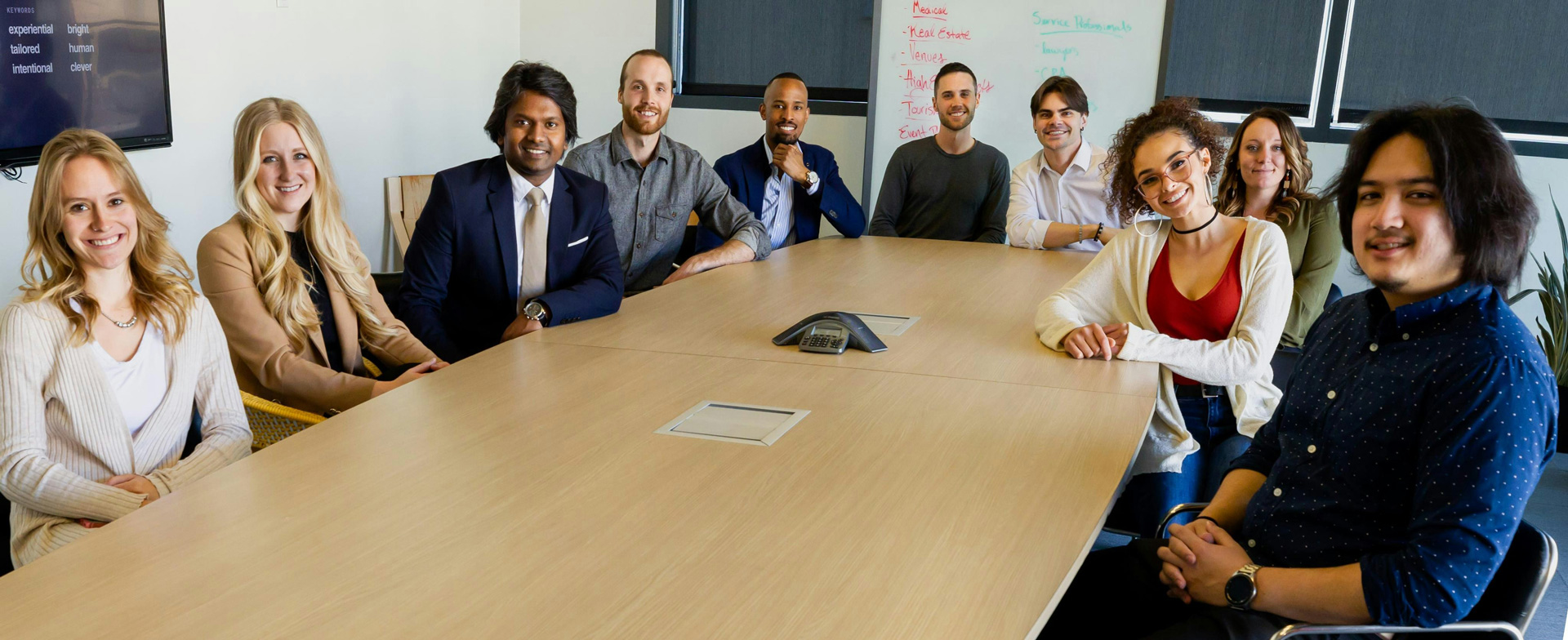
Strategic Goals 2025-2029
Our strategic plan for 2025-2029 is centered around four key goals: building community, expanding advocacy, fortifying wellness, and enhancing quality services. Each goal is designed to enhance our impact and ensure the long-term success of our organization and the communities we serve.
Objective:
Foster a sense of community both within Wayside and in the broader communities we serve.
Action Steps:
- Increase Cross-Program Collaboration: Provide opportunities for staff to collaborate across programs, increasing internal referrals.
- Enhance Community Presence: Increase our presence through various community engagement activities in MetroWest, Lowell, Waltham, and Central Mass.
- Expand Donor and Business Partnerships: Increase the number of donors and business sponsors.
- Develop Community Partnerships: Increase partnerships with local universities.
- Formalize Volunteer Program: Increase the number of active volunteers.
Objective:
Advocate for systemic changes that improve outcomes for children, young adults, and families.
Action Steps:
- Participate in Legislative Advocacy: Support bills that improve outcomes for service recipients and the behavioral health workforce.
- Ensure Financial Stability: Achieve financial stability and advocate for financial support for services.
- Increase Behavioral Health Workforce: Advocate for statewide policies and develop internal practices to incentivize new recruits.
- Enhance Staff Participation in Advocacy: Increase staff participation in advocacy initiatives.
- Develop Legislative Partnerships: Replicate advocacy efforts with legislative coalitions in other geographies.
Objective:
Promote the well-being and professional growth of our staff.
Action Steps:
- Increase Staff Appreciation: Achieve an annual increase in staff satisfaction scores related to appreciation and recognition.
- Provide Team-Building Opportunities: Increase the number of activities that promote comradery, fun, and team bonding.
- Offer Professional Learning Opportunities: Encourage employees to access higher education, training programs, and certification courses to enhance learning.
- Leverage Technology: Improve staff efficiency metrics through technology adoption.
- Develop Leadership Training Program: Implement comprehensive training for managers to advance their skills which will allow them to provide greater leadership for employees.
Objective:
Continuously improve the quality of services provided to our clients.
Action Steps:
- Evaluate Community Needs: Implement a system to evaluate and respond to community needs through data collection and focus groups.
- Recruit and Retain Diverse Workforce: Achieve demographic parity between staff and clients and increase language capacity diversity.
- Improve Staff Skills: Provide evidence-based training on trauma, oppression, exploitation, and substance misuse.
- Utilize Client Data: Increase the impact of outcome data to inform treatment approaches.
Conclusion
We are confident that our strategic plan for 2025-2029 will guide us in continuing to empower children, young adults, and families. By focusing on building community, expanding advocacy, fortifying wellness, and enhancing quality services, we will strengthen our impact and ensure the long-term success of Wayside Youth & Family Support Network. We look forward to working with our staff, partners, and community to achieve these goals and make a lasting difference in the lives of those we serve.
